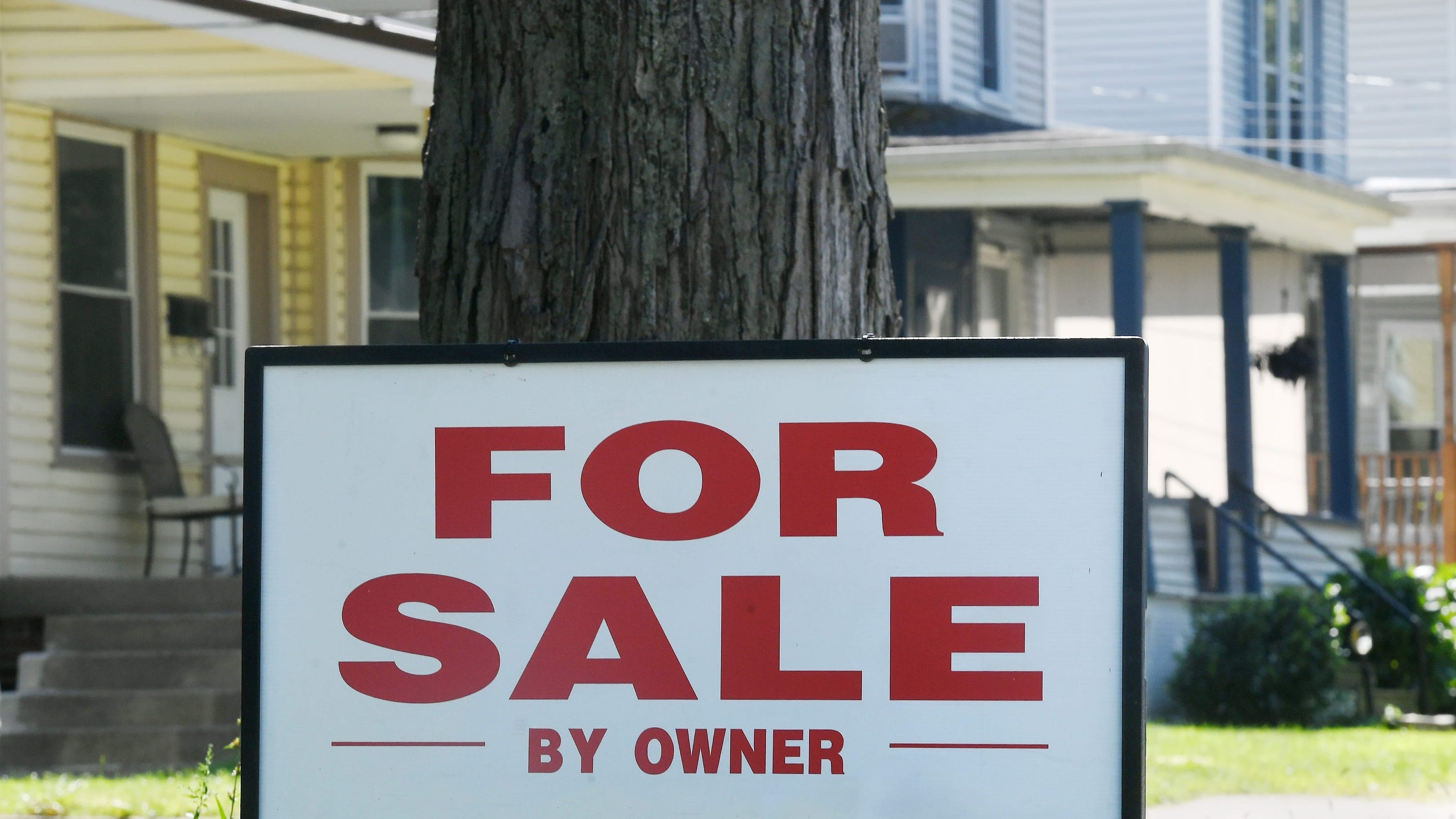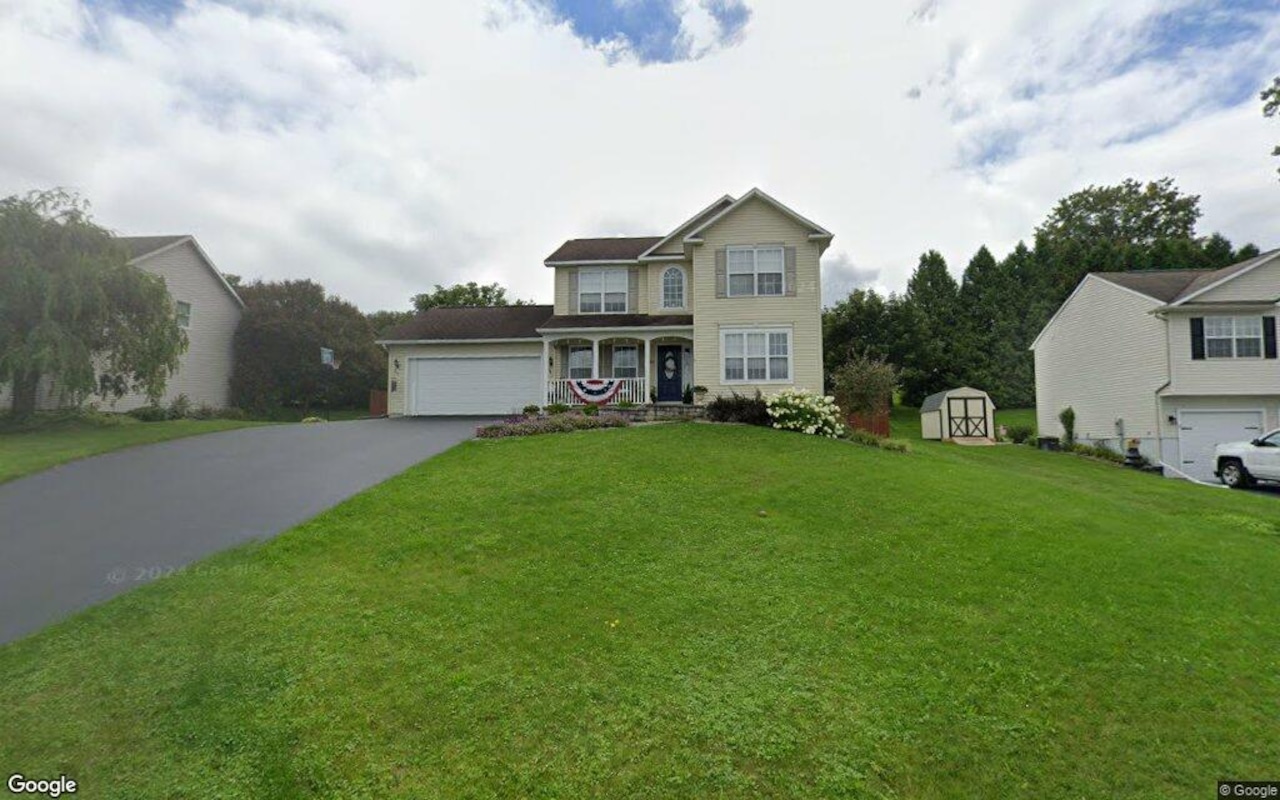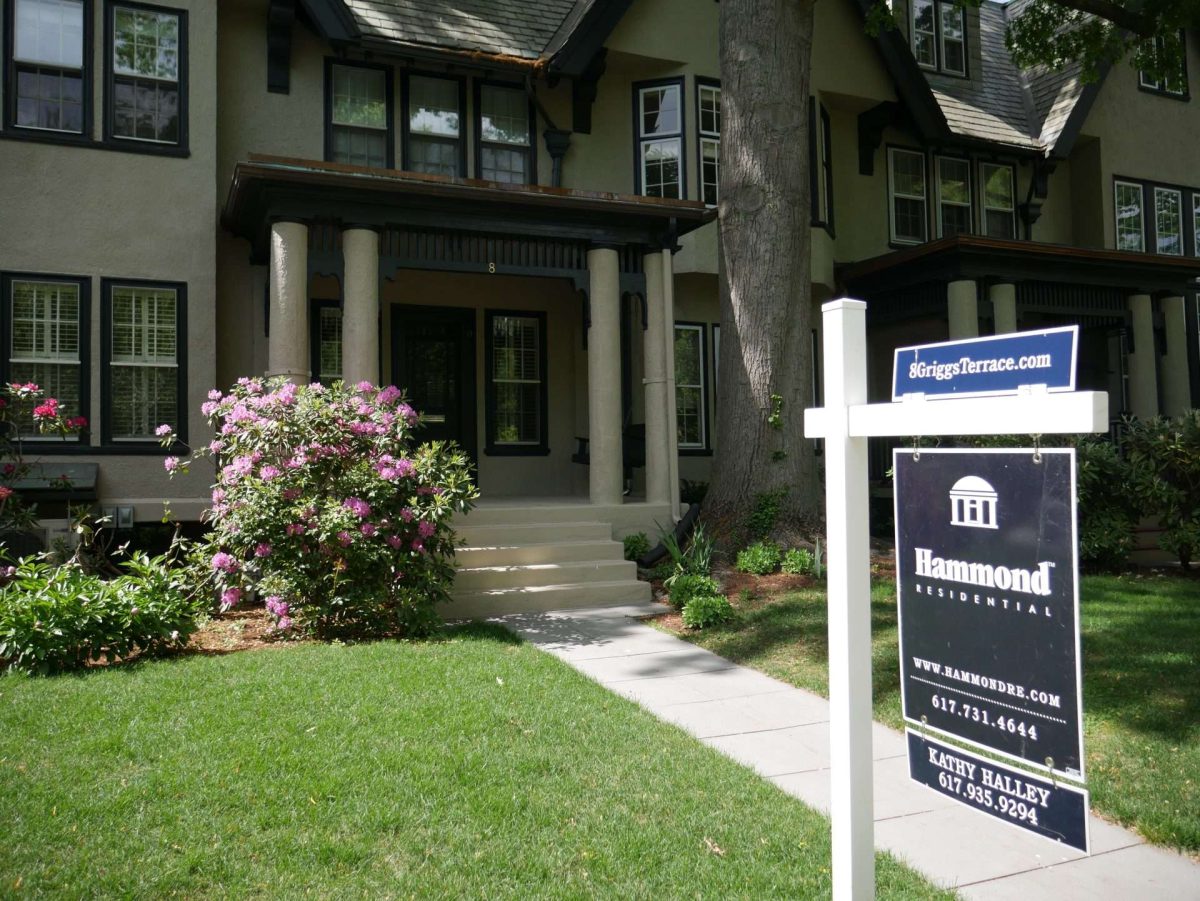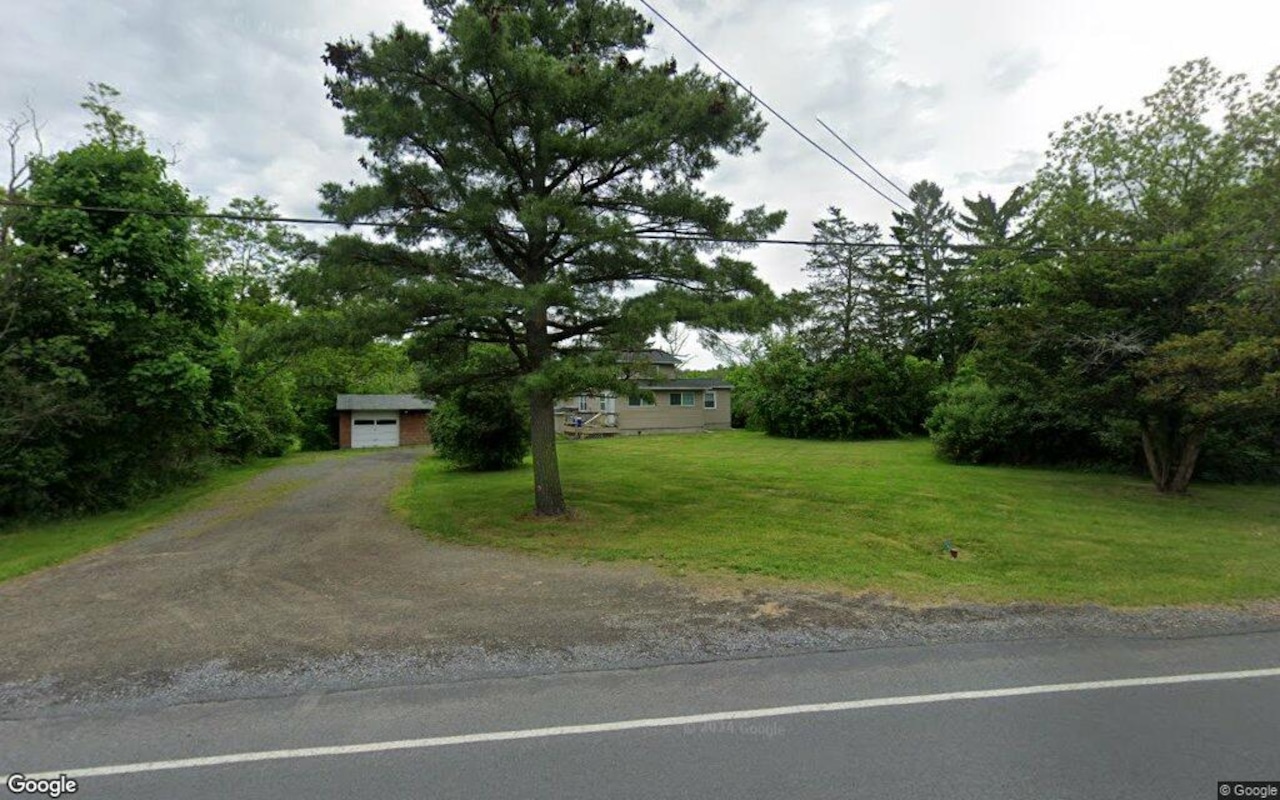I
nvestors' shifting expectations about inflation and the Federal Reserve have given the housing market a slight boost, but significant improvements are unlikely in the near future. The 30-year fixed mortgage rate has dropped to its lowest level in 10 months, averaging 6.58% nationwide as of August 14, according to Freddie Mac. This decline is closely tied to the 10-year U.S. Treasury yield, which has been falling since mid-July.
As investors reassess their inflation forecasts and anticipate potential Fed rate cuts, bonds become more attractive, causing yields to fall. However, a recent report showed that wholesale inflation was hotter than expected, tempering expectations for rate cuts. Despite this, lower borrowing costs have helped boost the housing market in recent weeks, with mortgage applications increasing by 11% and refinancing applications rising by 23%.
The bigger question is what happens next, as Fed officials navigate conflicting signals from a slowing job market and uncertain inflation trends. Even if the central bank decides to cut rates this fall, it's unclear whether Treasury yields will follow suit. In fact, analysis suggests that rate cuts outside of recessions often have little impact on 10-year yields.
The housing market remains pricey, and many buyers are cautious about their finances. While slightly lower rates may attract higher-income buyers or those in markets with more inventory, they are unlikely to ease the affordability hurdle for first-time and moderate-income buyers.















